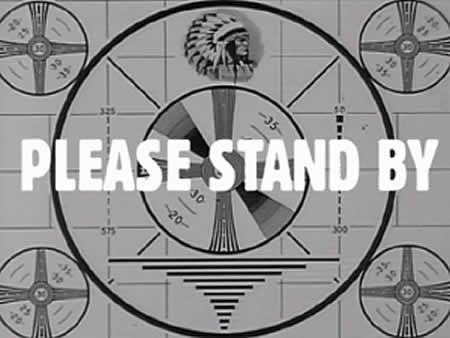Statistical Donuts
| Basically I’ve always made a living by being a communicator of one sort or another. My goal is always to uncover the simple meanings behind complex statements and ideas. Sometimes I can do it, sometimes not. At the moment I’m working for the State, doing some analytical research (its boring, but pays the mortgage). My current project has me looking into the science behind what creates our perception of the value of money. Clearly the paper and coins themselves have little or no intrinsic worth, so it is actually just our belief in what money can do for us (and others’ belief in that as well) which creates that value. So, how do we decide what’s something is worth? How do we figure out how much we value a particular good or service? Well, through our perception of the world around us – through our physical senses and mental thoughts. Along the same lines, its helpful to know what makes us feel satisfied. For example, it is nice to have a pair of scissors. Two pairs of scissors might be a little better. But after the third, fourth, fifth? We care less and less. But each individual makes that judgement based on his/her needs and wants. Some researchers have come to believe that ‘in order that the intensity of a sensation may achieve an arithmetic progression, the stimulus itself must achieve a geometric progression.’ In other words, two scissors are not TWICE as satisfying as the first one. And TWO DONUTS are not TWICE as satisfying as ONE! So perhaps what is going on with our trigger foods is that we are mentally/emotionally driven to try and keep increasing our pleasure, even though our physical reaction can never match our efforts. Is that why I used to sit down and consume an entire half-gallon of ice cream or box of cookies? Is that why, once I start in on a trigger food, I find myself in some kind of frenzy to keep eating? Apparently we humans are just not programmed to achieve greater and greater intensity of feeling. Otherwise I guess our brains would explode (I’m making that up). Now I’m not saying that economic theory holds the key to managing our efforts at portion control and satisfaction, but its nice when ideas from the ‘outside world’ can give us insight into some of the issues that we spend so much time trying to figure out. The next time I find myself barreling into the snack cabinet, I wonder if knowing about the 'Weber-Fechner Law of Sensation' might help. Probably not. But it was fun thinking about it.  |









